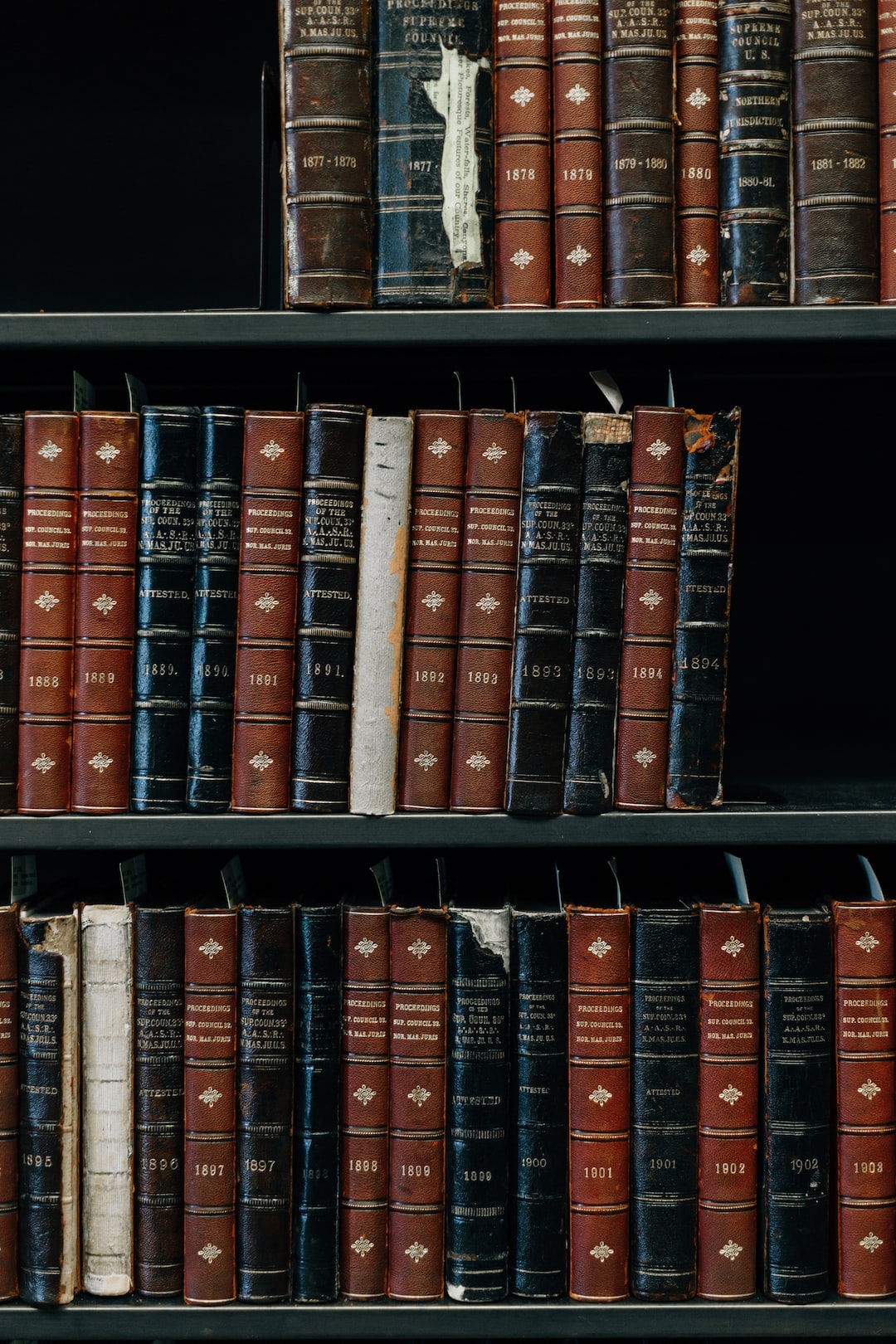The International Court of Justice: A Guardian of International Law
In the complex realm of international relations, a system of governance is essential to ensure that nations abide by shared principles and norms. However, with diverse states having different interests and priorities, conflicts and disputes are inevitable. Resolving these conflicts peacefully and upholding the rule of law is the crucial role of the International Court of Justice (ICJ), the principal judicial organ of the United Nations. Throughout its history, the ICJ has played a pivotal role in maintaining peace, advancing justice, and protecting human rights within the global community.
Established in 1945 under the UN Charter, the ICJ acts as a guardian of international law, providing a forum for resolving disputes peacefully and promoting respect for the rule of law among nations. Its jurisdiction extends to contentious cases between states, advisory opinions sought by UN organs and agencies, and contentious cases between states and international organizations. With its 15 judges elected by the UN General Assembly and Security Council, the ICJ ensures diverse representation and global impartiality.
One of the primary functions of the ICJ is to settle legal disputes between states. By providing an impartial and binding judgment, the court prevents conflicts from escalating into armed confrontations. This ad hoc resolution of complex and delicate cases has fostered a culture of peaceful dispute settlement that is essential for maintaining international stability and security. The court’s decisions, based on international law and treaties, serve as a legal precedent for future cases and contribute to the development and interpretation of international law.
The ICJ’s contribution to upholding human rights and advancing justice is equally significant. It considers cases related to human rights violations and ensures that states are held accountable for their actions. For instance, in the 1971 case of East Timor, the court criticized the Indonesian invasion and occupation of the territory, highlighting the importance of self-determination and condemning the violation of human rights. The ICJ’s scrutiny of such cases ensures that individuals and communities receive justice and reparations for the violations they have endured.
Furthermore, the ICJ plays a crucial role in promoting the peaceful settlement of disputes by encouraging states to seek mediation and compromise rather than resorting to force. By providing advisory opinions, the court assists states in making informed decisions and finding peaceful solutions. For example, in 1986, the ICJ offered an advisory opinion on the legality of nuclear weapons, emphasizing the obligation of states to pursue disarmament. Such opinions, rooted in the principles and guidelines of international law, contribute to the prevention of conflicts and the promotion of peaceful coexistence.
The ICJ’s commitment to international law can also be seen in its efforts to enforce judgments and ensure compliance with its decisions. Although the ICJ lacks the means to enforce its rulings directly, it relies on the commitment of states to adhere to international law and their obligations under treaties. The court’s role is not limited to settling disputes; it also promotes the idea that states are bound by international law, including its own decisions. Compliance with the ICJ’s judgments strengthens the global legal framework and fosters a stronger culture of accountability among nations.
Despite its accomplishments, the ICJ faces challenges that hinder its effectiveness. One major challenge lies in the limited jurisdiction due to the consent-based nature of its proceedings. States must voluntarily submit to the court’s jurisdiction, and contentious cases can only proceed if both parties accept the court’s authority. Additionally, the limitations of the court’s enforcement mechanisms limit its ability to ensure compliance. To address these challenges, efforts should be made to enhance the ICJ’s authority and empower it to resolve disputes vital to international peace and security.
In conclusion, the International Court of Justice functions as a guardian of international law, ensuring peaceful resolution of disputes, upholding human rights, and promoting justice within the global community. Through its achievements, the ICJ has established a foundation for a rules-based international order, based on the principles of legality, equality, and justice. Nevertheless, the potential for further progress remains, and continued support and cooperation among states are crucial for the ICJ to fulfill its mandate effectively.

